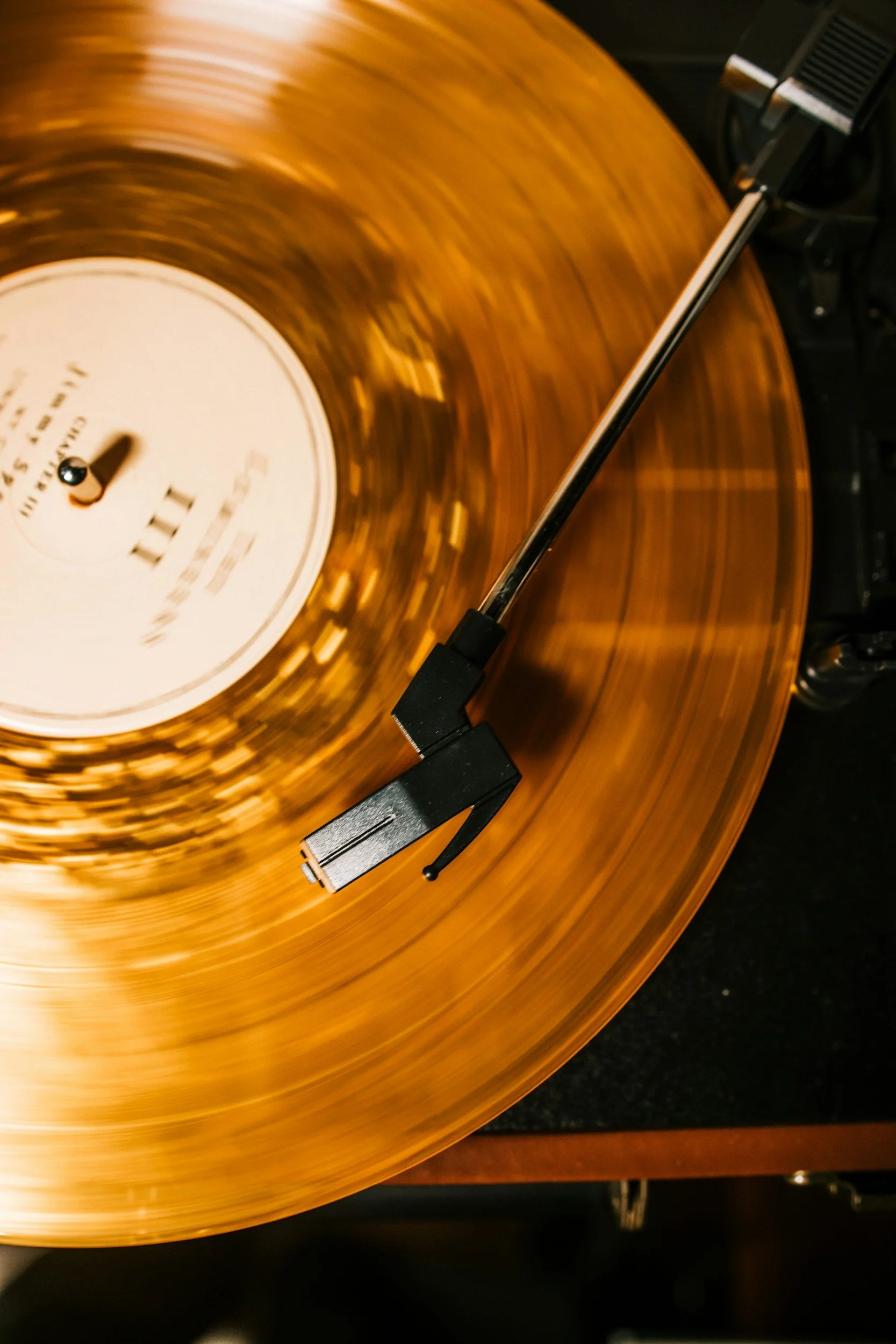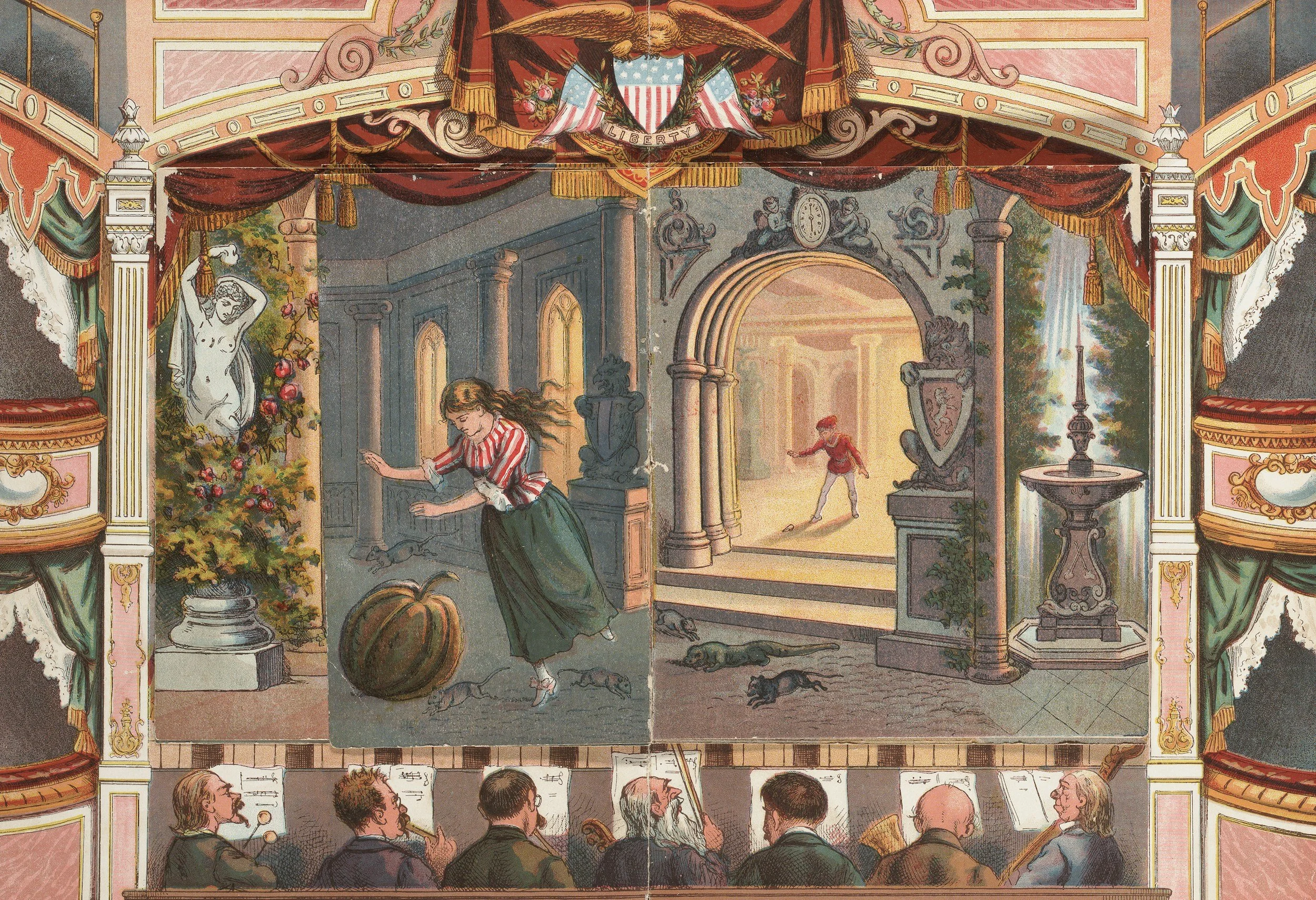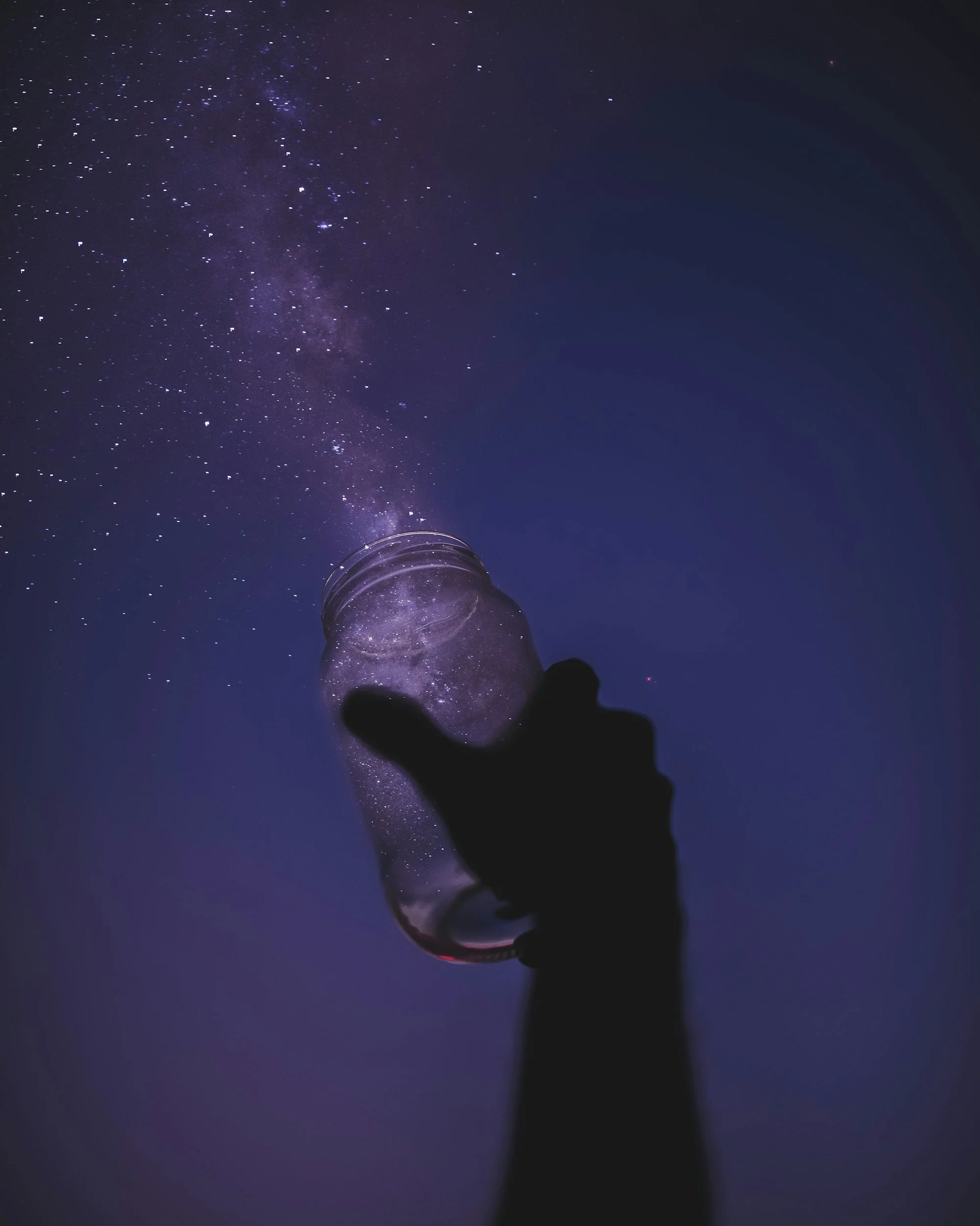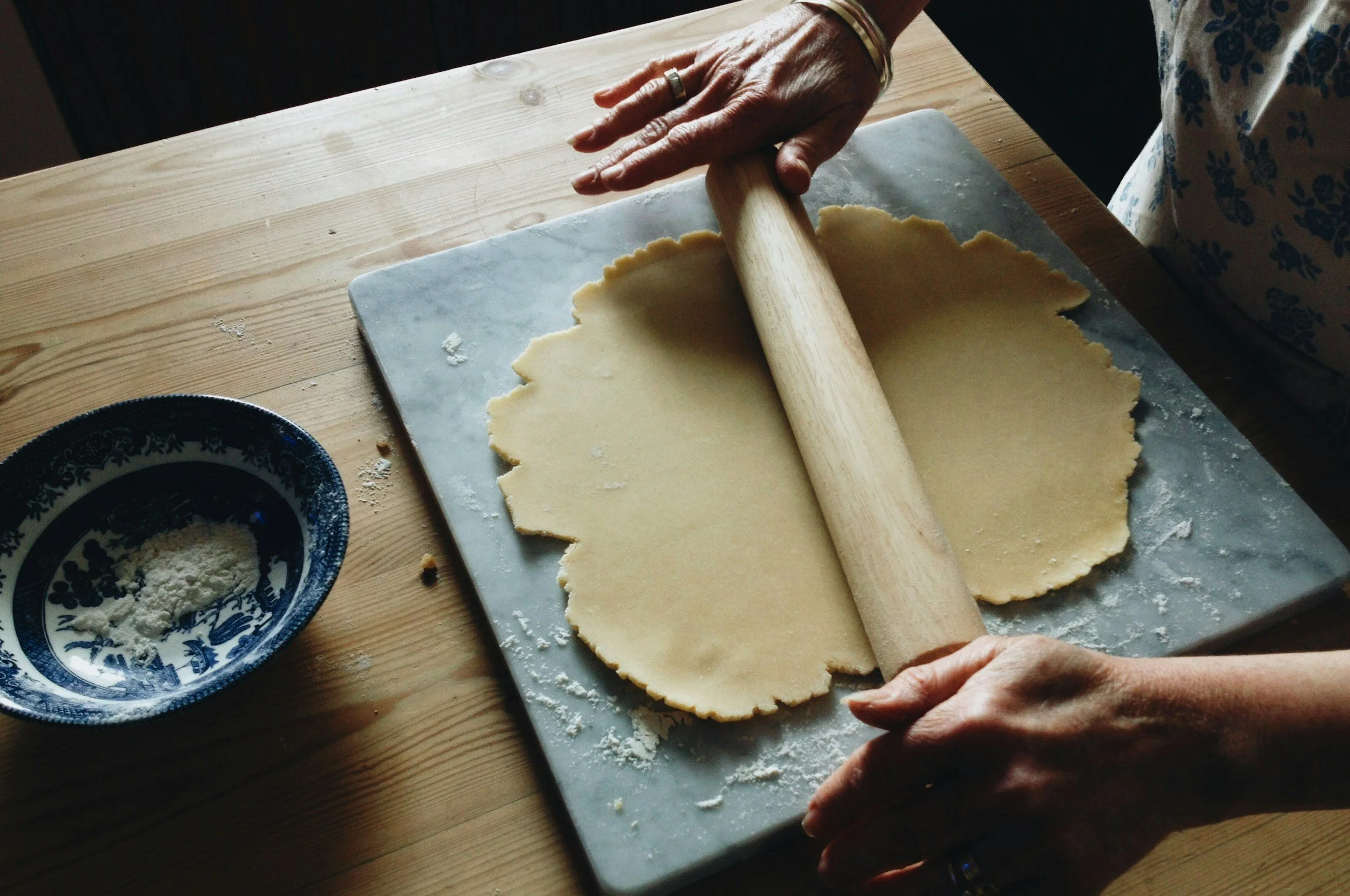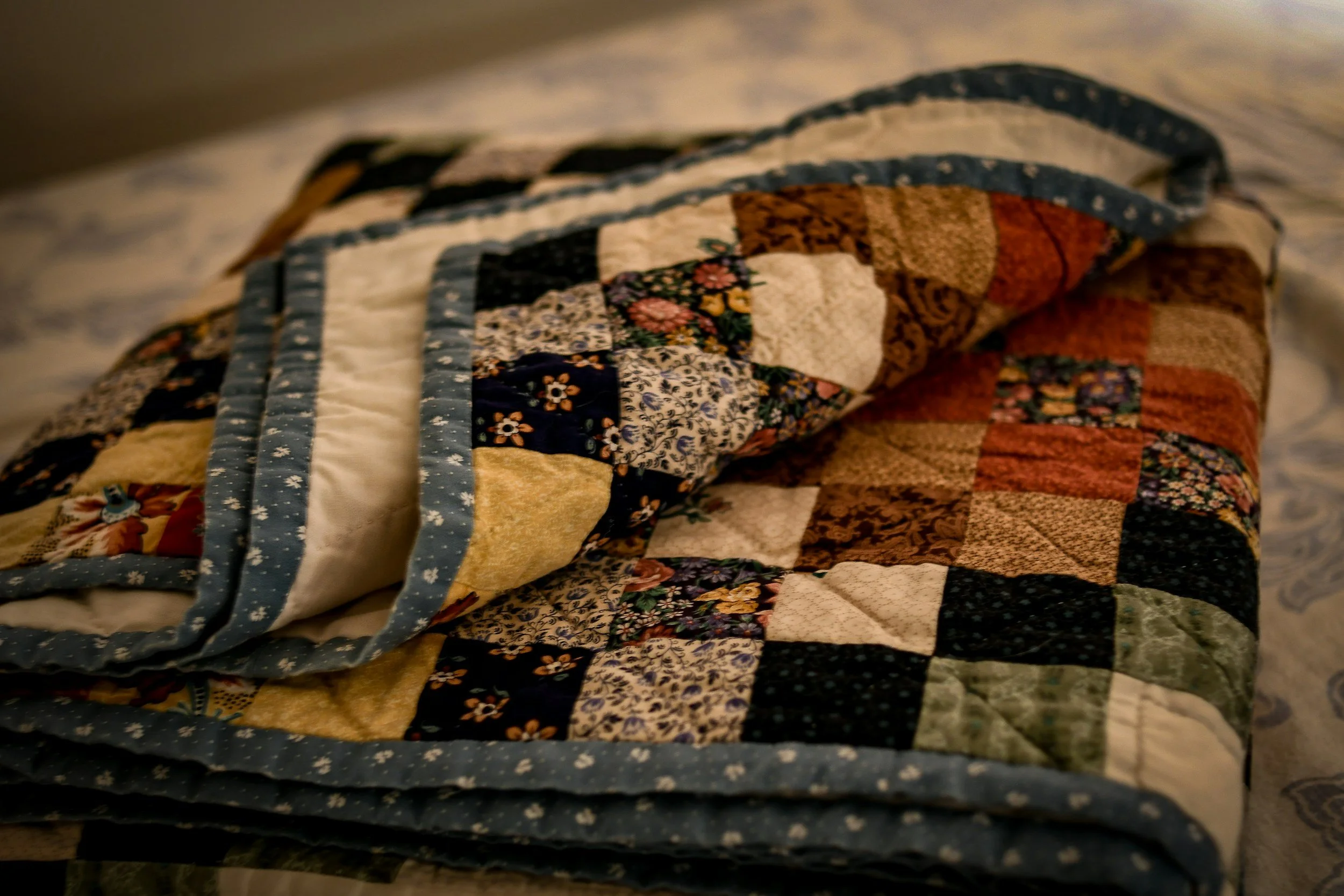On Hold
Eager to begin research for an article I am writing about being a kidney donor for my older sister in the eighties, I place a hold on two books at my neighborhood branch of the Austin Public Library. When I am notified they are in, I walk several blocks to retrieve them. Yellow tape displaying the first four letters of my surname and last four numbers of my account is affixed to three books on the Hold Shelf I did not request: Attracting Genuine Love, The Soulmate Secret, and Wired for Dating.
Surprised to find them sitting next to my serious academic titles, I consider stripping off the tape and leaving them on the to-be-shelved cart. But I’m a dutiful patron: never lost a book; rarely paid a fine. And whoever requested these books must be anxiously—desperately even, I think—awaiting notice of their arrival.
Before taking them to the desk, I scroll through my memory. Had I, in some unconscious state, signed in at Austin.bibliocommons.com and entered the search terms love, soulmate, dating? Had I bumbled around at Bumble, attempted a match at Match.com, then resolved to bone up on matters of the heart? The Soulmate Secret has most definitely eluded my grasp. I’m an absolute failure at Attracting Genuine Love. In my sixties can I be re-Wired for Dating?
I scoop up the books like a losing poker hand and take them along with the ones I did reserve to the front desk. “I didn’t request these.”
The librarian winks at me as though we share a secret, and says, “Oh, darlin’ aren’t we all just looking for love?” She takes the books I requested—a history of diabetes and a book on altruism and organ donation—and asks for my library card to investigate the matter. She confirms what I already know about Miss Lonelyhearts’ threesome. “These don’t appear in your request history.” She puts them aside, and I check out the ones I requested.
Later that evening, I receive an email from the librarian explaining what happened. The books were ordered by another patron, she writes. The first four letters of his surname are the same as yours. So are the last four numbers of his library account. In the future just leave his books on the shelf, she tells me. Odd, she adds.
His, I note.
If I wrote this in a rom-com, I tell my sister when I visit her the next day, I’d lurk about the hold shelf and wait for the man whose letters and digits match mine. We’d be attracted to each other, date and discover we are soulmates. People who like Sleepless in Seattle and You’ve Got Mail would love it.
“Yeah.” She looks at me skeptically. “That doesn’t sound like a story you’d write.”
“He’d be a serial killer.” I revise. “A sensitive one.” I read aloud the titles captured in the photo on my iPad. “The books are bait.” The plot thickens. “He sits in cafes and bars pretending to read The Soulmate Secret with the other two books stacked nearby. The dimwit who stops to remark on the titles is the one who gets her throat slashed.”
“There you go,” my sister laughs.
Later that evening, I’m brainstorming the story, sketching out scenes, working on character development when I get caught up in the facts. What was the machine thinking when it collocated my name and numbers with that of the man looking for love and let stand a match destined to confuse?
It is safe to assume my library card doppelgänger lives nearby since we both reserve books at the Twin Oaks branch. I walk north along South Congress Ave. and congratulate myself on my ability to look without pain at the famously phallic neon sign of the Austin Motel, the scene of my most recent failed romance. I cross the street and go into The Continental Club. It’s so late that the man at the door doesn’t charge me the cover. I take a seat at the bar and order a drink. Toe-tapping to the tunes of a nuevo-Tejaño band, I put my “Looking for Mr. Goodbar” act on hold, enjoy the music, and walk home alone.
But the next morning I make my way up Congress once again, this time to Jo’s Coffee—the site of the always busy I Love You So Much selfie-opportunity mural—I don’t stifle my impulse to scan the terrain for the lone reader, pages and heart open, courageously advertising his desire for love.
I don’t find him, but I am inspired by this man’s effort to understand matters of the heart and resolve to open my own once again.
-Jane Hammons
Jane Hammons taught writing at UC Berkeley for many years before returning home to New Mexico. She has work forthcoming in Scrawl Place and The East Over Anthology of Rural Writers. Her writing appears in numerous magazines and anthologies: Alaska Quarterly Review, Southwestern American Literature, Tupelo Quarterly, and The Yellow Medicine Review, Hint Fiction (W.W.W. Norton), The Maternal is Political (Seal Press) and Selected Memories: Five Years of Hippocampus Magazine. She is an enrolled citizen of the Cherokee Nation.

